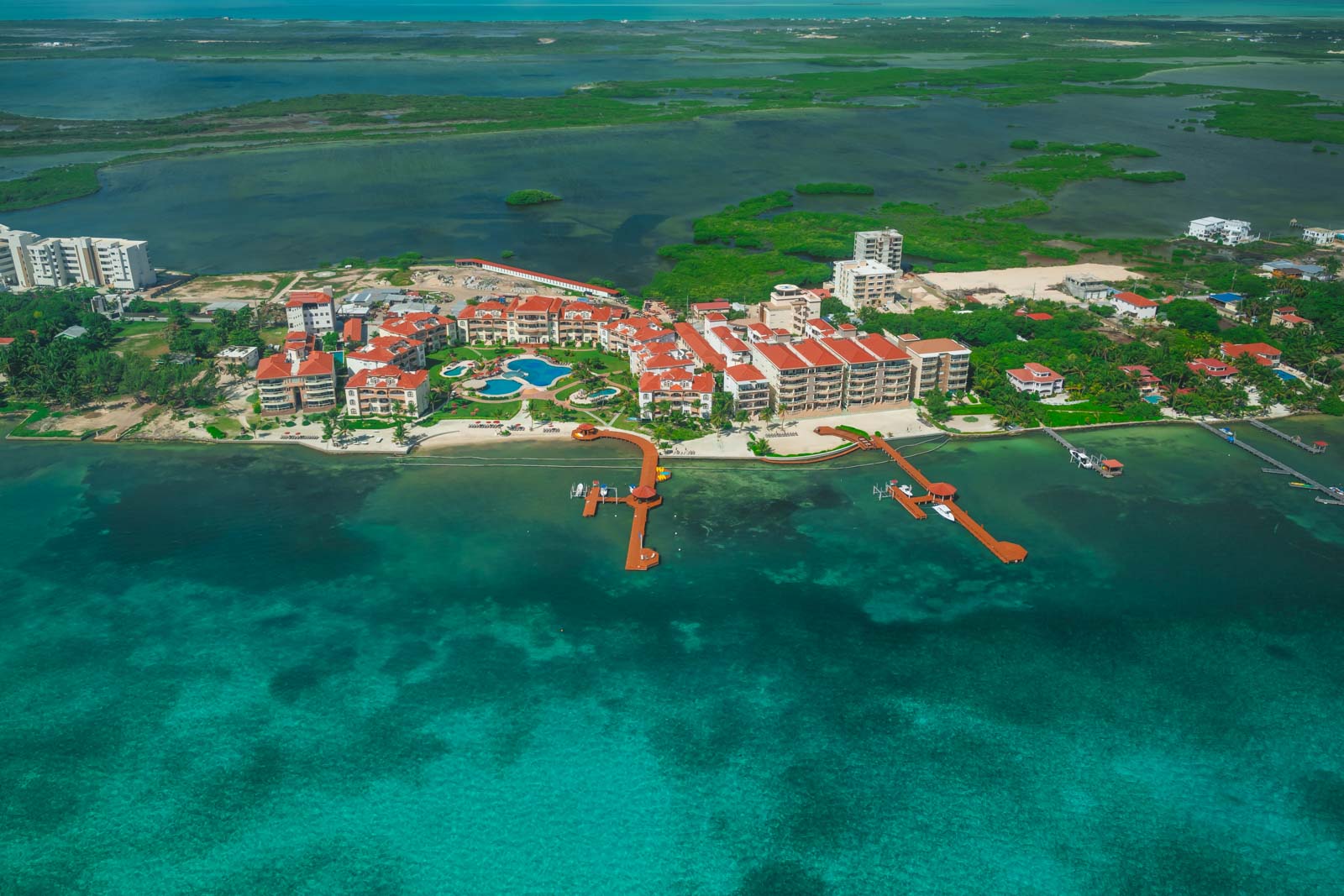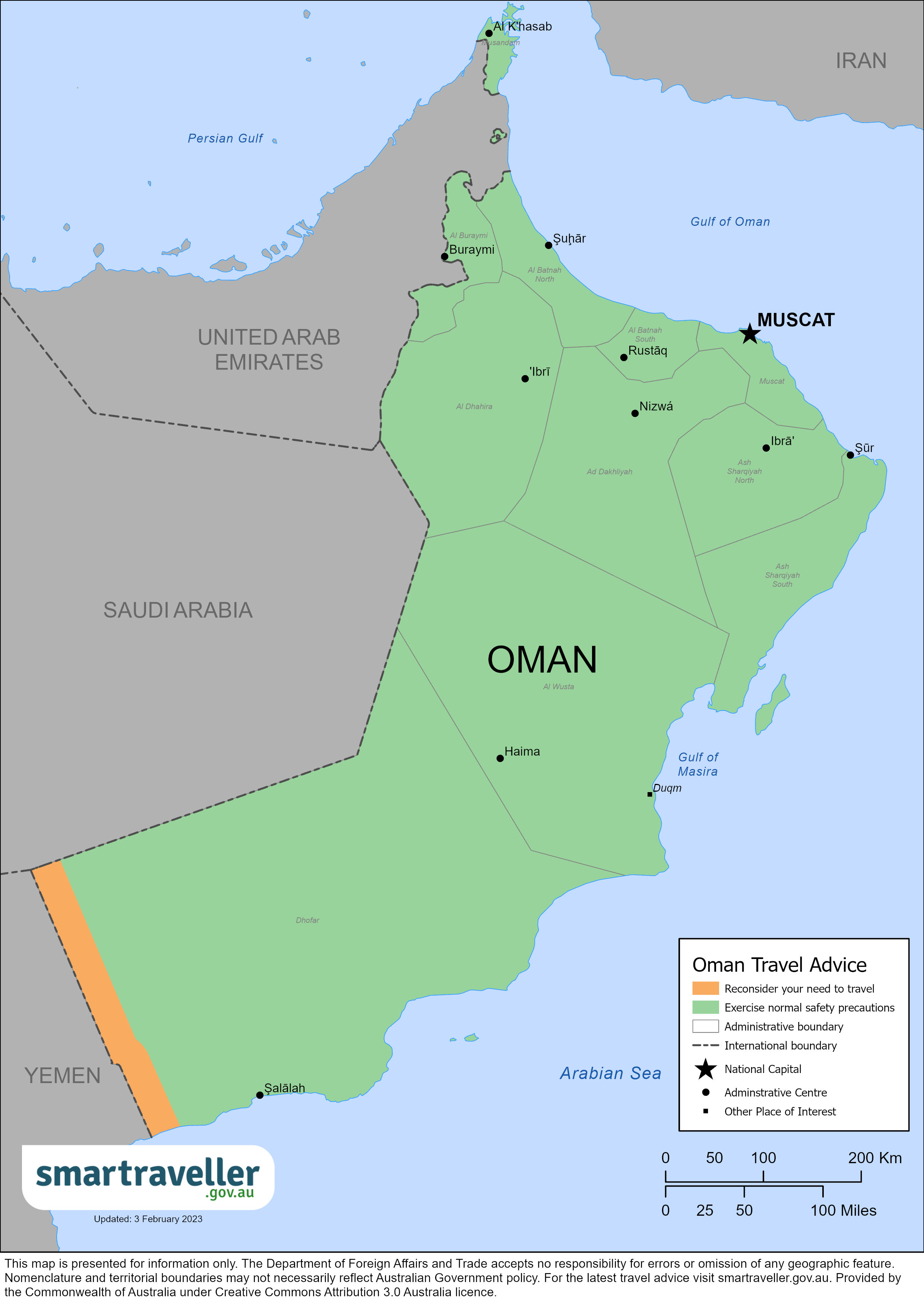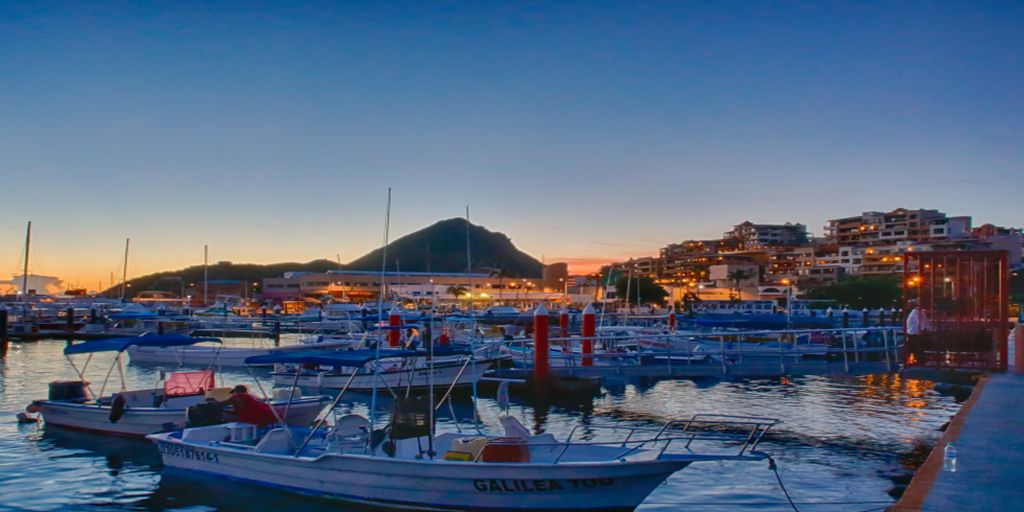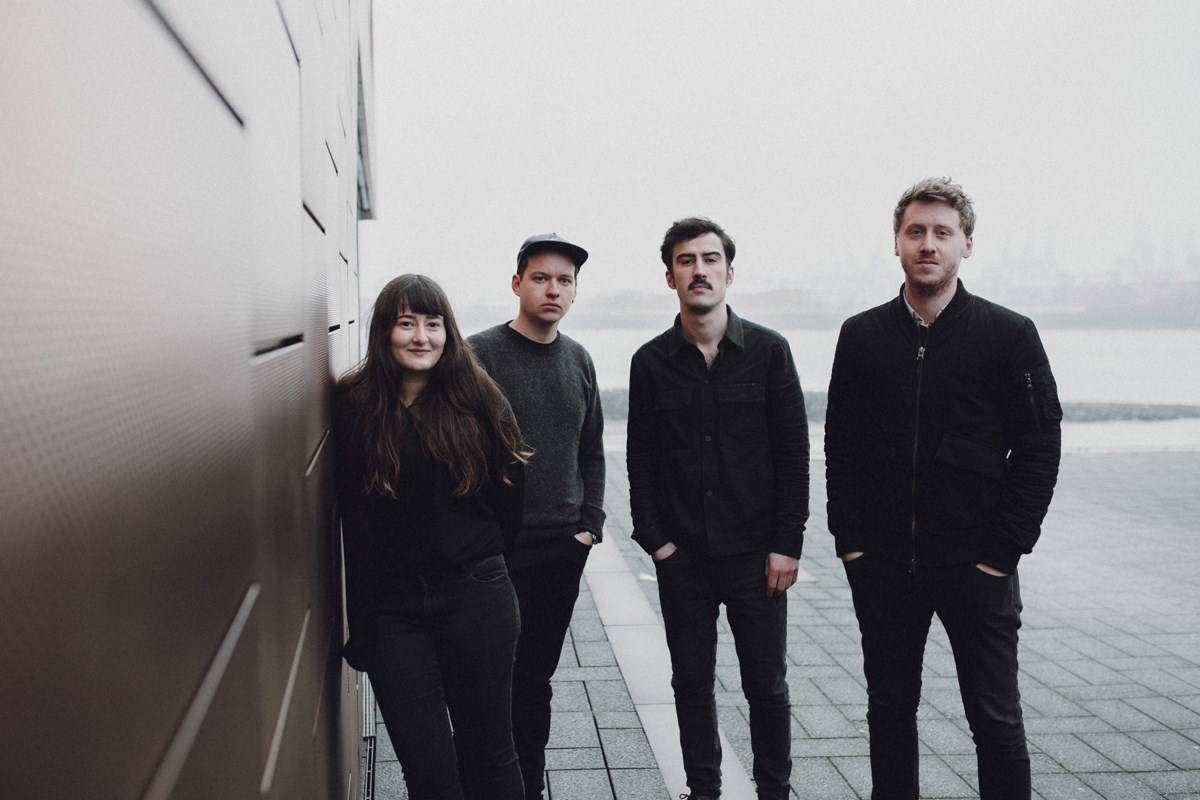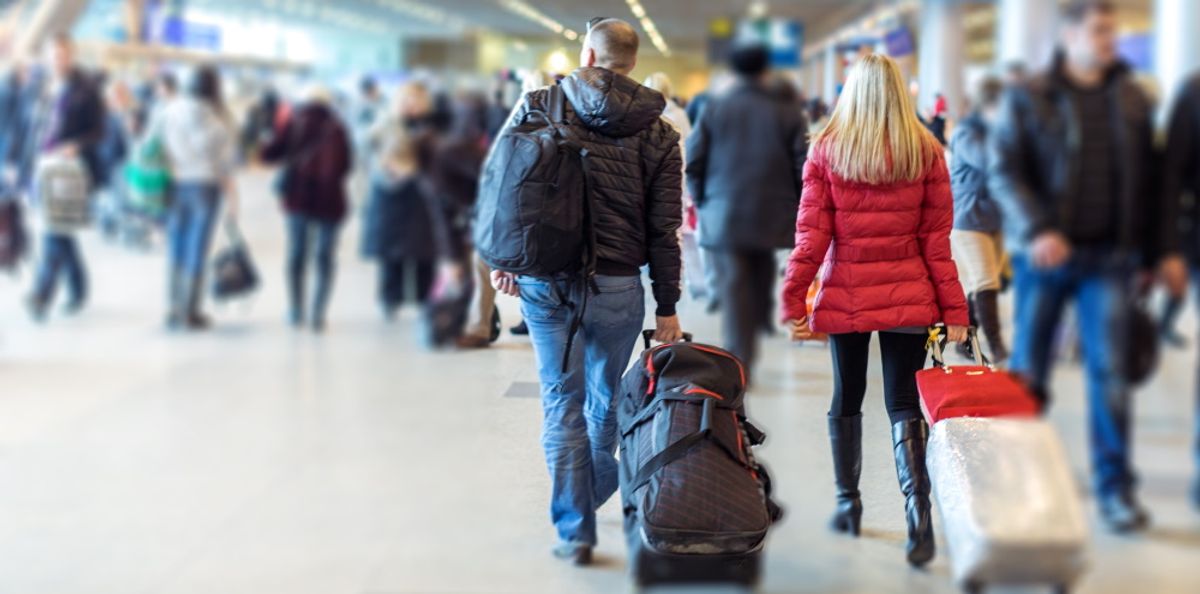Spain Travel Advice & Safety
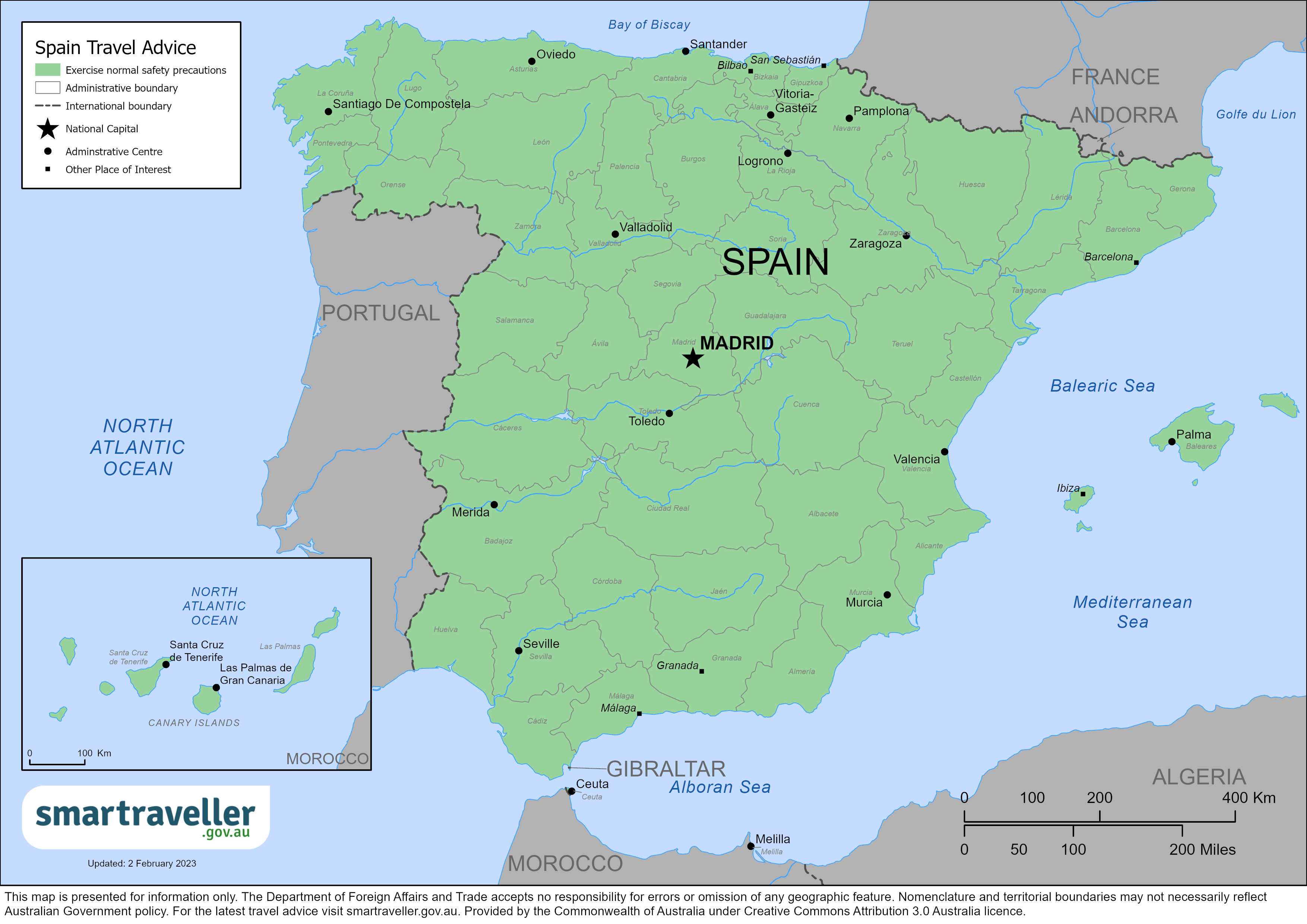
Petty crime
Petty crime is common in large cities. It’s a serious problem in Barcelona, especially on public transport and tourist areas.
Petty crime includes:
- bag snatching
- pickpocketing
- theft from cars
Thieves are very active during the peak summer tourist season. They target:
- tourist attractions
- public transport, railway stations and cruise terminals
- airports, including airside, after passing through airport security
- museums
- beaches
- restaurants and cafes
- hotel foyers
- car parking areas or car hire companies
Take care when placing bags on chairs or the ground in restaurants and outdoor cafes.
Thieves often work in gangs. While you’re distracted, another thief steals your belongings. Thieves try to distract you by:
- asking for help or directions
- deliberately spilling something on you
Violent theft is less common but may also occur.
To protect yourself from petty crime:
- take care of your personal belongings, especially in crowds
- leave your passport and other valuables in a safe location
- avoid walking in quiet, poorly lit streets
- monitor local sources for information about possible safety or security risks
Keep your passport and other ID separate. We recommend you carry a copy of your passport for ID, either as a hard copy or as a photo on your phone.
Road crime
Road crime occurs throughout Spain.
Take care driving from Marseille in France to Valencia in Spain along the Mediterranean coast. Cars with foreign number plates are often targets.
Thieves working in pairs may convince you to stop because of a ‘problem’ with your vehicle, then offer to help with a flat or slashed tyre. While one helps, the other steals your belongings.
Never leave your luggage unattended, even inside your vehicle. Keep luggage and personal belongings out of sight.
To stay safe when on the road:
- never leave valuables in your vehicle
- be wary of offers of help
- always keep car doors locked, even when driving
- use secure parking facilities when you can, especially overnight
- don’t leave your vehicle unattended for long periods
Thieves also break into caravans and motor homes, particularly in public parking areas.
Credit card fraud
Credit card and ATM fraud can occur.
Avoid using ATMs that open onto the street, especially at night. Use ATMs in banks, shops, and shopping centres.
Drink spiking
Cases of drink spiking, followed by theft and sexual assault, are reported.
To protect yourself from crime:
- stick with people you trust in bars and nightclubs
- never accept food or drinks from strangers
- don’t leave your food or drink unattended
More information:
Gender violence
Spanish authorities have various emergency numbers for victims of gender violence.
- Call 112 for 24-hour assistance from any of the emergency services in Spain. English-speaking staff are available.
- Call 016 (Whatsapp 600 000 016 or email [email protected]). This is a 24 hours a day, 365 days a year helpline for victims of gender violence. It is accessible for people with hearing difficulties and is available in 53 languages.
More Information:
Scams
Scams are common.
Be aware of the latest scams. Don’t become a victim.
Some complex scam operations are based in Spain. Inheritance scams are the most common.
Inheritance scams involve receiving an email from someone claiming to be a lawyer. They tell you an unknown Spanish relative has died and left you money.
If you’ve been a victim of a scam, don’t travel to Spain. Seek legal advice.
More Information:
Cyber security
You may be at risk of cyber-based threats during overseas travel to any country. Digital identity theft is a growing concern. Your devices and personal data can be compromised, especially if you’re connecting to Wi-Fi, using or connecting to shared or public computers, or to Bluetooth.
Social media can also be risky in destinations where there are social or political tensions or laws that may seem unreasonable by Australian standards. Travellers have been arrested for things they have said on social media. Don’t comment on local or political events on your social media.
More information:
link

